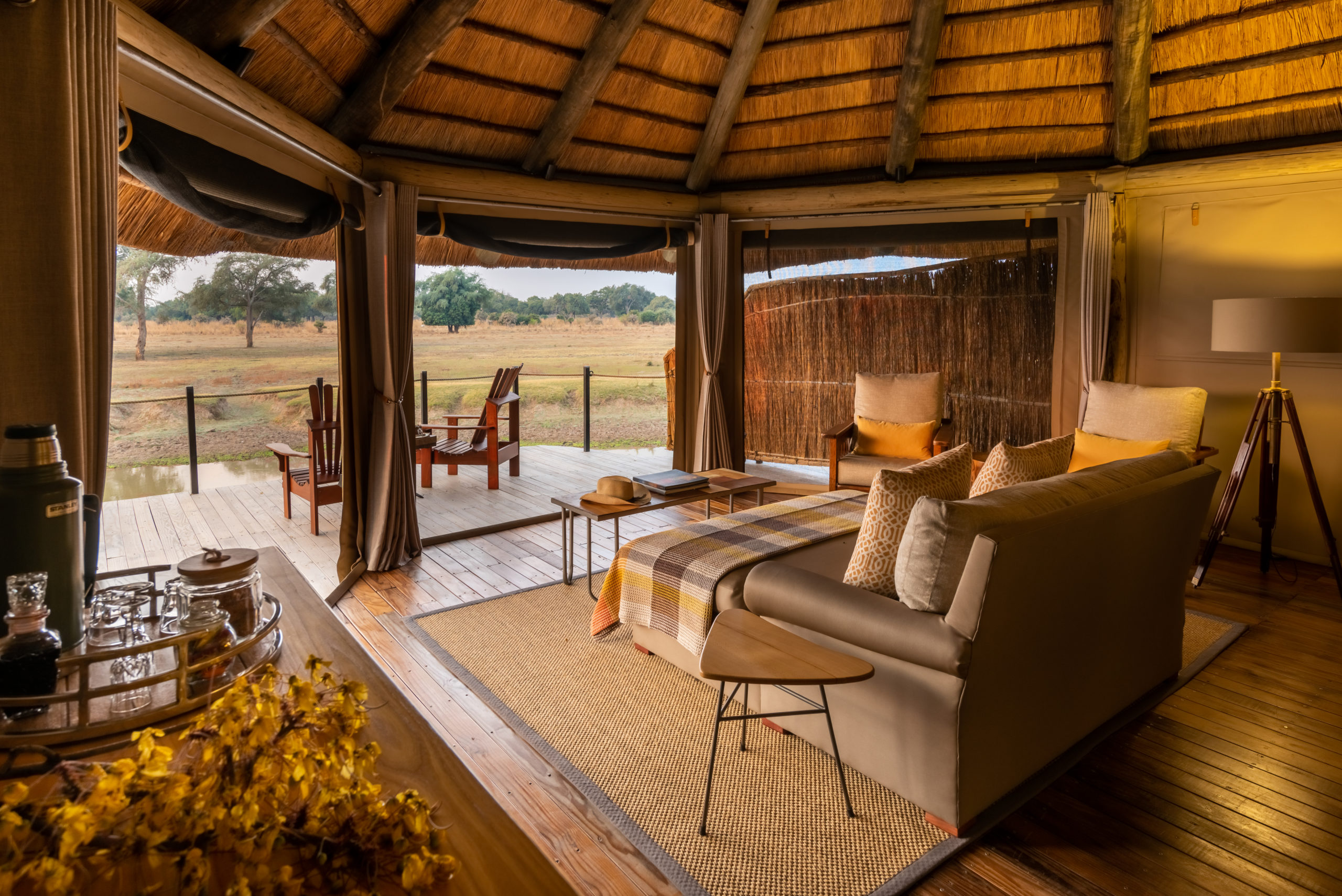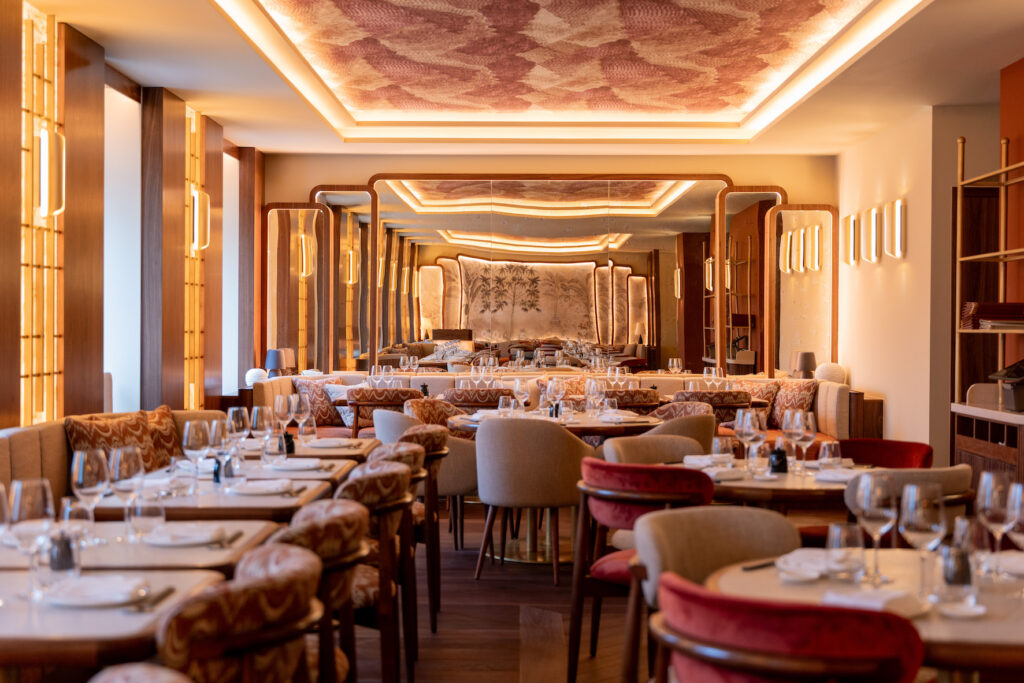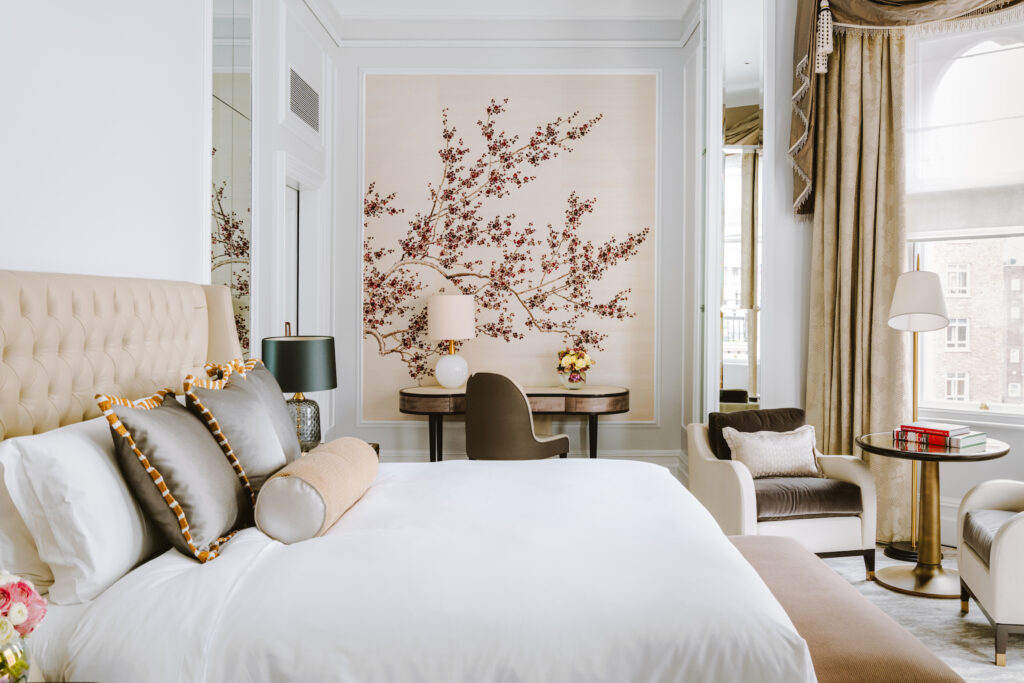The world-famous Lion Camp is seeking a new guardian. Discover how investment in a high-end safari camp can yield unique opportunities for conservation, humanitarianism and tourism.
Two decades ago, it was a veritable “diamond in the rough”; now this Zambian wildlife paradise ranks as one of the continent’s top sustainable tourism destinations. “Lion Camp is a passion project, but it’s really much more than that; it feels like my own little piece of Africa,” says owner Nathalie Boulle.
A keen philanthropist, Boulle has been the driving force behind the camp’s incredible rise. The Monaco resident has combined purpose with business, drawing on a deep-rooted passion for conservation to create a resort that offers an authentic wilderness experience—with a touch of elegance.
After a memorable 20 years, and with no more “polishing” required for this African gem, Boulle is finally ready to pass her legacy onto its next guardian.
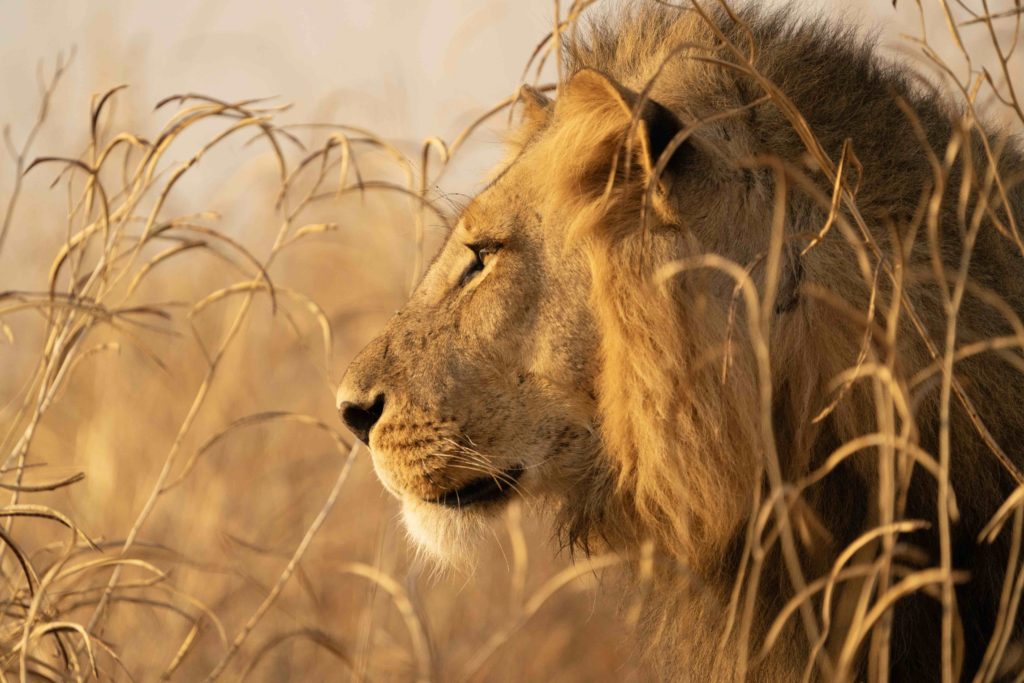
Wildlife Sanctuary
Lion Camp was one of the first of its kind to open in Zambia’s South Luangwa National Park. Founded in the 1940s, the camp is located in a remote spot in the most northern section of the park and yet remains accessible thanks to the Mfuwe International Airport (accessible by private jet) which is a three-hour drive —or a short helicopter flight—away.
The park has the highest concentration of megafauna in the world, including several endemic species. It is renowned for its large populations of Thornicroft’s giraffe, elephants, leopards, Cape buffalo and, as the camp’s name suggests, lions. It’s one of the few places in Africa where visitors can enjoy walking safaris and get close to wildlife without disturbing the animals, making it popular with researchers and photographers—many National Geographic covers have been shot here.
The intimate lodge hugs the Luangwa River, one of the major tributaries of the Zambezi River, and its position feeding into an oxbow attracts an abundance of wildlife. “On any one day, you can see everything from lion and leopard kills to hyenas and crocodiles,” Boulle says. “We have Thornicroft’s giraffes and Cookson’s wildebeest endemic to the park, and the second largest population of hippos in Zambia. It’s just magnificent.”
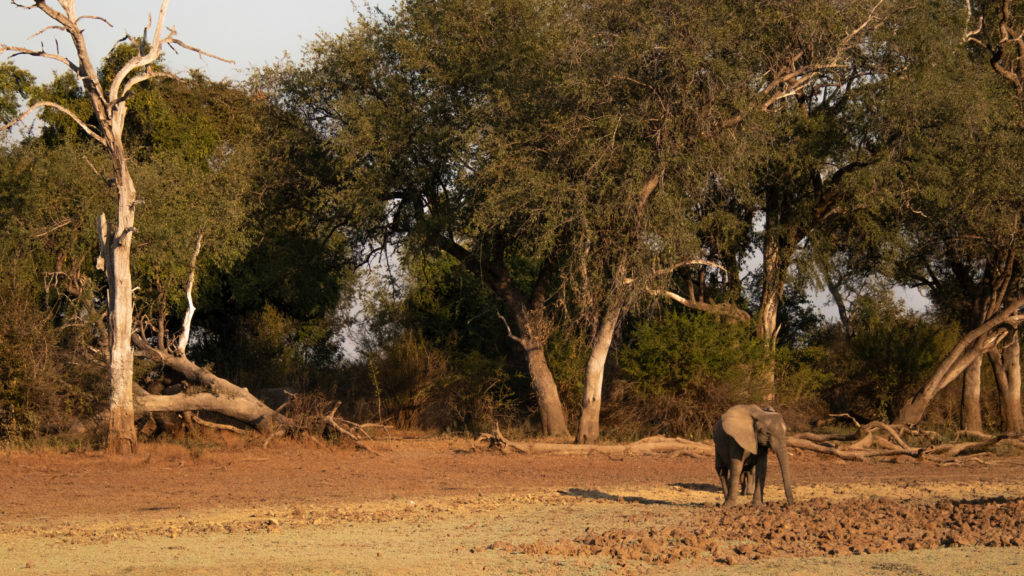
New Challenge
For Boulle, the dream of safari camp ownership stemmed from a safari holiday at a time in her life in which, with growing children, she was looking into projects that would boost her sense of achievement.
“That trip ignited my passion for conservation in Africa,” she says. Spotting an advert for the camp’s sale in a magazine, Boulle organised a New Year’s Eve trip with her husband and son. “We just fell in love with the place,” she says. “The camp enabled me to get my foot in the door for long-term conservation, which is my passion.”
Upon taking over ownership in 2004, Boulle set about transforming the camp with the help of the expert team she inherited and grew. “The first thing I did was upgrade the staff quarters because if the staff are happy, the guests are happy,” she says.
Motivated by much more than profits, Boulle diverted most of the resort’s sizeable revenue back into the camp, the surrounding park and the local community. “I have heavily invested in the South Luangwa Conservation Society, as well as anti-poaching rangers, schooling and various humanitarian efforts. Lion Camp is currently building a medical clinic. We have done a lot for both conservation and humanitarian issues.”
At the same time, Boulle prides herself on creating a business that is efficient and corporate to its core.
“We are very corporate in regard to crossing our t’s and dotting our i’s,” she says. “We’re the best in the valley in terms of complying with government and federal taxes, social pay, and so on. This is so important because it’s the team which made Lion Camp what it is today. We have around 60 staff in total and I have a waiting line of people wanting to come and work for me.”
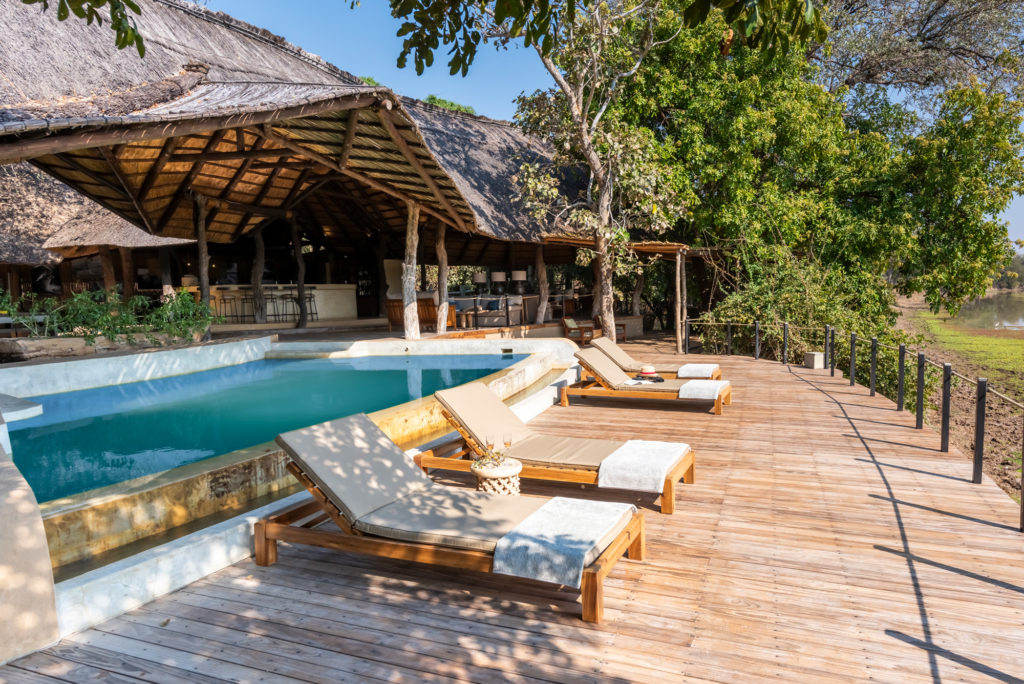
Hospitality with a View
Lion Camp houses 10 elegant, thatched cottages that are furnished with high-end amenities, generous living spaces and features such as outdoor baths. There’s also a main lodge with dining areas where communal meals are served against the spectacular backdrop of the park, an infinity pool for cooling off in the African sun, and several wildlife viewing platforms.
While the amenities, service and hospitality are akin to that of a high-end hotel, Boulle is keen to differentiate the camp from the antiquated luxury ethos.
“It’s not luxurious to the tune of a seven-star hotel, but in the bush, it would be considered as luxurious as it gets,” she says. “I’d hate to put a star on it because Lion Camp is not about that kind of luxury. It’s not about the silverware, but I guarantee you, if you go there, you will be amazed by our team, our rooms, our beds, and so on. You will be even more amazed by all the wildlife around and your ready access to it.”
The camp sits on four hectares and overlooks a huge expanse of parkland filled with lions, giraffes, elephants and some of the most abundant birdlife in Africa. Each season, thousands of buffalo pass through in herds and, every evening, hundreds of thousands of birds fly past on their way to roost, creating moving “clouds” in the sky. “You don’t get this in most countries in Africa anymore,” Boulle says.
Currently, Lion Camp is open to tourists for six months of the year, owing to wet season flooding that makes it difficult to access the camp without use of a boat. However, there is the option of extending the season with the introduction of fresh experiences such as guided river safaris. When the camp is closed to the public, it remains staffed, acting as a poaching deterrent all year round. After all, long-term conservation remains Boulle’s top priority.
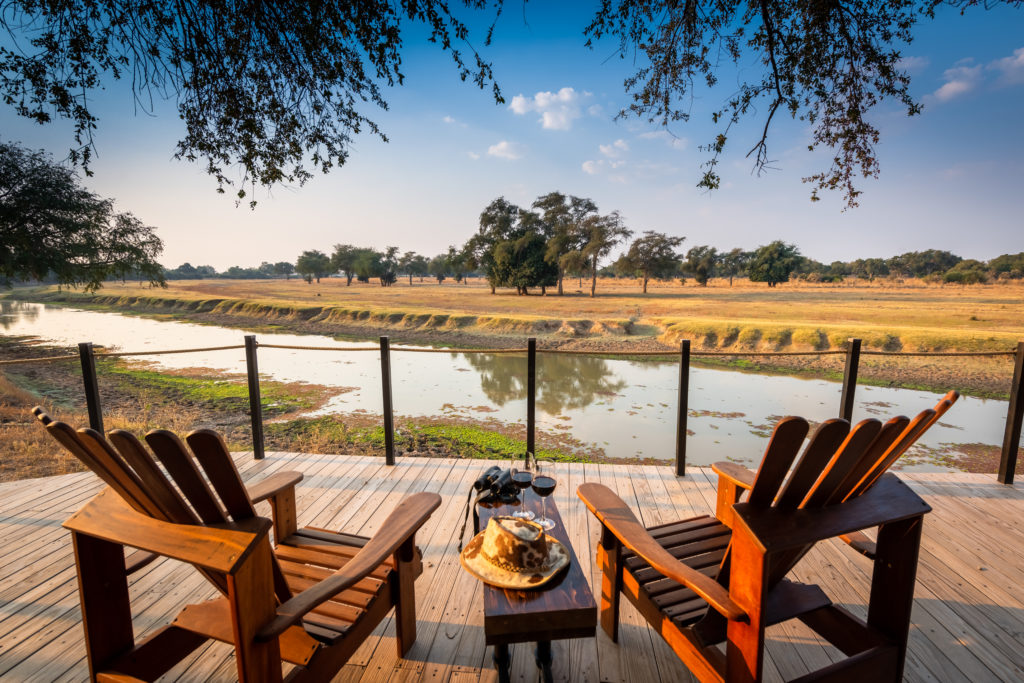
Moving On
It’s with a heavy heart that Boulle reveals her decision to sell the camp to invest time and energy into other conservation projects. “Owning Lion Camp brings me a lot of pride and a true sense of accomplishment,” she says. “I get huge satisfaction from the camp and am continuously going back to it just like a second home—my sons have spent time growing up here—but, at the age 60, it’s time for a change.”
She hopes the new owner will take on her legacy and build on it for the next generation. “Lion Camp has been a catalyst for my worldwide conservation activities and has helped fulfil a lifelong ambition to conserve,” she says. “My dream would be for the next guardian to continue the work and to extend it in keeping with my original dream.”
The asking price for Lion Camp is US$9.7 million (or around €8.8 million at the time of publication).

